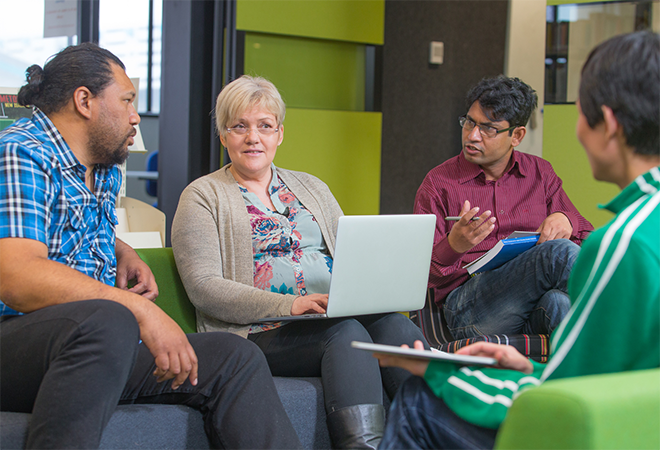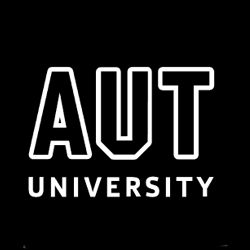
Empowering Aotearoa: An Inclusive Approach to AI Literacy in Tertiary Education
Status
Key research questions
How might a co-constructed AI literacy resource promote equitable access and use of AI tools amongst diverse learner populations in New Zealand?
How can the co-constructed AI literacy resource be integrated into a range of assessments to support building AI literacy, confidence, and competency?
Aims:
The project aims to:
- Produce a comprehensive AI literacy resource, including a dedicated website and structured learning programme designed to enhance AI literacy among diverse learner populations.
- Generate detailed reports and guidelines outlining best practices for AI literacy and the integration of these resources to support learners with assessment methods in tertiary education.
- Ensure the benefits of AI are accessible to all students, regardless of their background or abilities.
Methodology:
The team will use a multi-method action research strategy that combines both qualitative and quantitative approaches.
Pre- and post-assessment surveys will be developed to assess students' AI literacy before and after using the AI literacy resource. The team will measure and compare pre- and post-assessment results and performance metrics, providing robust and generalisable data on the effectiveness of AI tools.
Focus groups, reflective journals, and narrative, semi-structured interviews with students will enable the team to capture the nuanced experiences, perspectives, and contextual factors that quantitative data alone cannot reveal. This will ensure that we understand the diverse needs and challenges faced by Māori and Pacific learners, learners with disabilities, and other marginalised groups.
Using mixed methods allows the team to address the research questions holistically, considering both the measurable impacts and the contextual, experiential aspects of AI tool usage in education.
By combining these methods, they hope to provide a richer, more complete picture of how AI tools can be effectively and equitably integrated into educational practices.
Team

Tim Gander
Lead Researcher
academyEX
Geri Harris
AUT UniversityStatus
Funding
$83,300.00 (excl GST)
Project outputs
The project emphasises the importance of co-designing resources with learners to enhance engagement and relevance.
The report discusses assessment approaches that clarify AI use and promote student confidence and competence.
For example:
- Constructive assessment practices are recommended, moving away from detection and bans to transparency and alignment with local policies.
- The project introduces the Artificial Intelligence Assessment Scale (AIAS) to guide permissible AI use in assessments.
- Feedback literacy is emphasised as a means to help students evaluate AI outputs and improve their learning processes.
This project also lead to the design, implementation, and evaluation of InclusiveAI.nz, a website with resources intended to support inclusive approaches to assessment in Aotearoa New Zealand by building AI literacy for diverse ākonga and for educators.
The website was designed to prioritise accessibility and user-friendly navigation for a wide range of users.
Features include:
- InclusiveAI.nz public website with learner and educator tracks.
- Concise resource cards, onboarding steps, and options for multi-modal access.
- Three introductory modules aligned to assessment tasks (Plan, Evaluate, Explain Your Use).
- A prototype Assessment Checker was developed to provide educators with recommendations for fair assessment design.
- The SAIL framework serves as the backbone for introductory modules, supporting assessment-aligned activities.
- SAIL framework contextualisation and te reo Māori translation.
Intended outcomes
The InclusiveAI.nz website aims to provide:
- Increased AI literacy and confidence amongst Māori, Pacific, and neurodiverse ākonga with enhanced teaching practices and innovative assessment methods in tertiary education.
- Greater accessibility with resources developed in multiple languages, including te reo Māori, and various formats.
- Equip learners and staff with tailored, culturally relevant resources and innovative AI assessment methods, leading to enhanced academic performance and increased employability.
This website has been created to support our Ako Aotearoa-funded project on Empowering Aotearoa – An Inclusive Approach to AI Literacy in Tertiary Education.
This report synthesises the design, implementation, and evaluation of InclusiveAI.nz, a website with resources intended to support inclusive approaches to assessment in Aotearoa New Zealand by building AI literacy for diverse ākonga and for educators.
- 9 December 2025